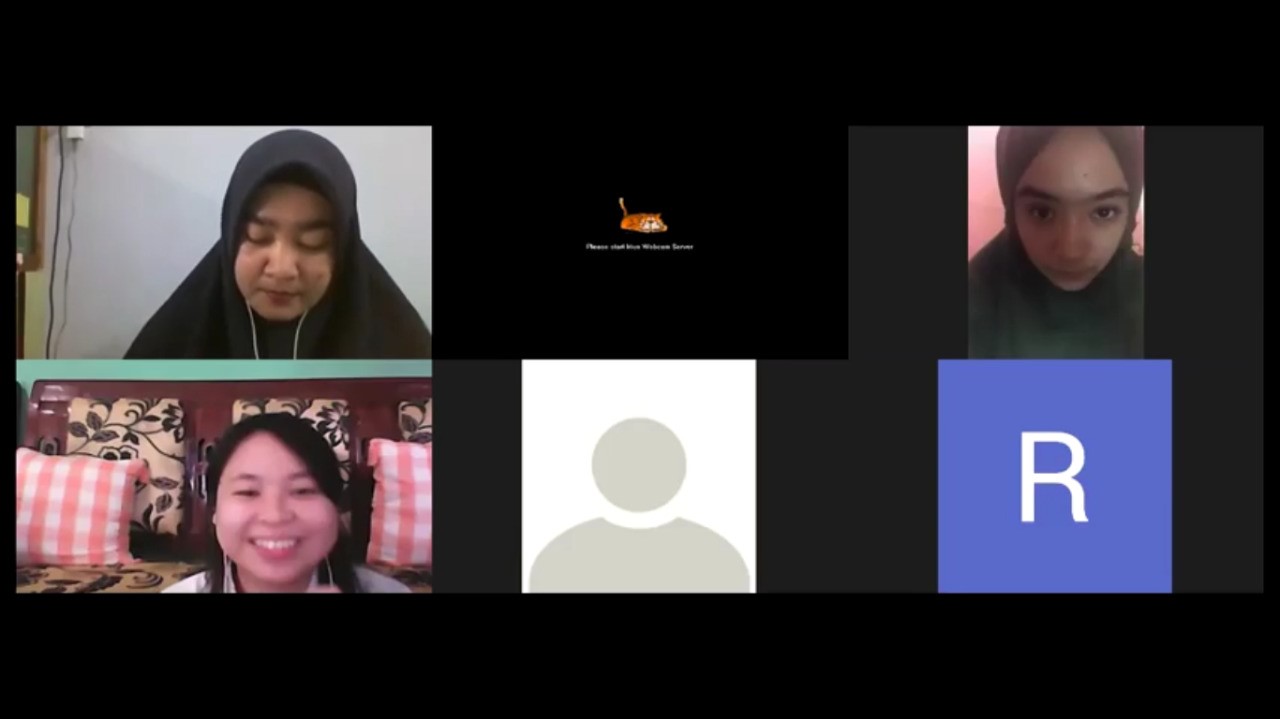Designing an online work-related language skill for nursing students: A developmental research
DOI:
https://doi.org/10.21070/jees.v6i1.1112Keywords:
Online course, work-related language skills, English for nursing, developmental studyAbstract
Technology brings opportunities to extend the learning environment outside the classroom. An online course can be an extracurricular activity which allows the students to learn English for their career preparation. This article reports a developmental research for designing an online learning module for nursing students to pursue their career abroad. One English teacher and 40 nursing students from a private university participated in this research. Interview and questionnaire were employed to collect the data regarding the students’ need, usability, and the implementation of the product during the field try out. Two experts were also invited to evaluate the quality of the product’s content and instructional technology. The result of this developmental study is an online course and a workbook to accompany the students learning. The findings reveal that online learning has an opportunity to help students to shape their work-related language skills at home. The challenges for the implementation of this course are also discussed.
Downloads
References
Adedoyin, O. B., & Soykan, E. (2020). Covid-19 pandemic and online learning: the challenges and opportunities. Interactive Learning Environments, 0(0), 1–13. https://doi.org/10.1080/10494820.2020.1813180
Allan, H. T., Cowie, H., & Smith, P. A. M. (2009). Overseas nurses’ experiences of discrimination: a case of racist bullying?. Journal of nursing management, 17(7), 898-906.
Bielousova, R. (2017). Developing materials for English for Specific Purposes online course within the blended learning concept. TEM Journal, 6(3). https://doi.org/10.18421/TEM63-28
Coopasami, M., Knight, S., & Pete, M. (2017). e-Learning readiness amongst nursing students at the Durban University of Technology. Health SA Gesondheid, 22, 300–306. https://doi.org/10.1016/j.hsag.2017.04.003
Ginting, D. (2018). The Analysis of the Drop Rate of the Indonesian Massive Open Online Course. In C. I. Rumimpunu, D. Setiawan, I. S. K. Tehuayo, M. Patricia, N. KristivaUtomo, & N. E. Alamsyah (Eds.), Language in the Online & Offline World 6: The Fortitude (pp. 52–61). Petra Press.
Jones, K., Raynor, P., & Polyakova-norwood, V. (2020). Faculty caring behaviors in online nursing education : an integrative review integrative review. Distance Education, 1–23. https://doi.org/10.1080/01587919.2020.1821601
Jung, S., Son, M., Kim, C. il, Rew, J., & Hwang, E. (2019). Video-based learning assistant scheme for sustainable education. New Review of Hypermedia and Multimedia, 25(3), 161–181. https://doi.org/10.1080/13614568.2019.1678682
Kailani, A., & Murtiningsih, T. (2019). Teaching English for nursing by using task-based language teaching. International Journal of Educational Best Practices, 3(2), 28. https://doi.org/10.31258/ijebp.v3n2.p28-40
Lengkanawati, N. S. (2017). Learner autonomy in the indonesian efl settings. Indonesian Journal of Applied Linguistics, 6(2), 222–231. https://doi.org/10.17509/ijal.v6i2.4847
Lindeiner-Stráský, K. von, Stickler, U., & Winchester, S. (2020). Flipping the flipped. The concept of flipped learning in an online teaching environment. Open Learning, 00(00), 1–17. https://doi.org/10.1080/02680513.2020.1769584
Moradimokhles, H., & Hwang, G. J. (2020). The effect of online vs. blended learning in developing English language skills by nursing student: an experimental
study. Interactive Learning Environments, 0(0), 1–10. https://doi.org/10.1080/10494820.2020.1739079
Rafidiyah, D., Yansyah, Y., & Nadia, H. (2019). Developing Skill-Based Materials for Helping D3 Nursing Students Go International. JEES (Journal of English Educators Society), 4(1), 23–29. https://doi.org/10.21070/jees.v4i1.1673
Schmitz, B., Klemke, R., Walhout, J., & Specht, M. (2015). Attuning a mobile simulation game for school children using a design-based research approach. Computers and Education, 81, 35–48. https://doi.org/10.1016/j.compedu.2014.09.001
Walters, K., Bolich, C., Duffy, D., Quinn, C., Walsh, K., & Connolly, S. (2015). Developing online tutorials to improve information literacy skills for second-year nursing students of University College Dublin. New Review of Academic Librarianship, 21(1), 7–29. https://doi.org/10.1080/13614533.2014.891241
Yansyah, Rafidiyah, D., & Nadia, H. (2019). Need Analysis on Developing Skill-Based Materials for D3 Nursing Students. LET Journal, 9(1), 1–21. http://jurnal.uin-antasari.ac.id/index.php

Published
How to Cite
Issue
Section
License
Copyright (c) 2021 Hafizhatu Nadia, Yansyah Yansyah, Dina Rafidiyah

This work is licensed under a Creative Commons Attribution 4.0 International License.







